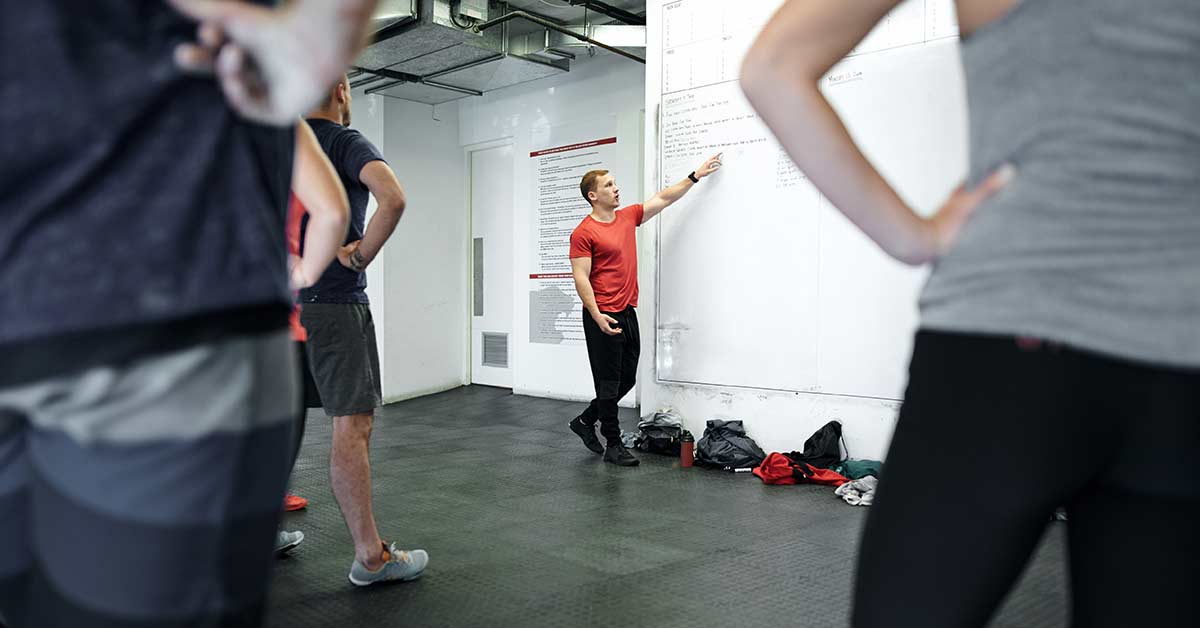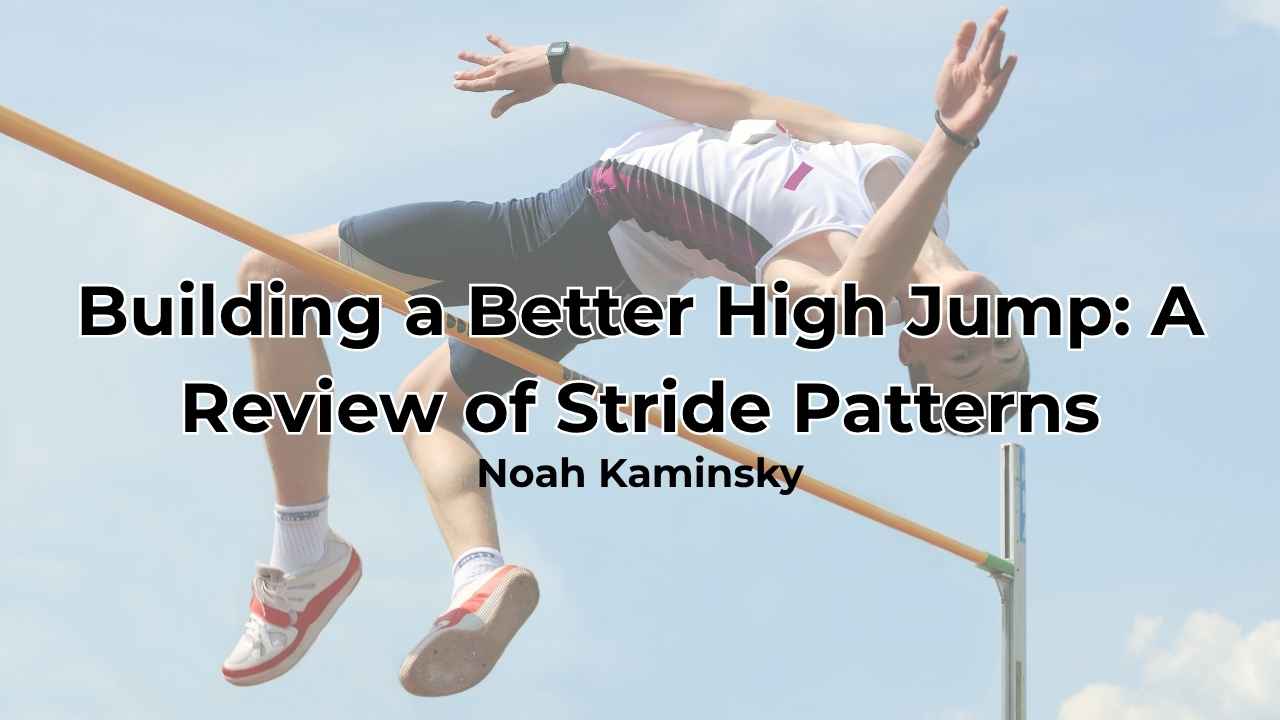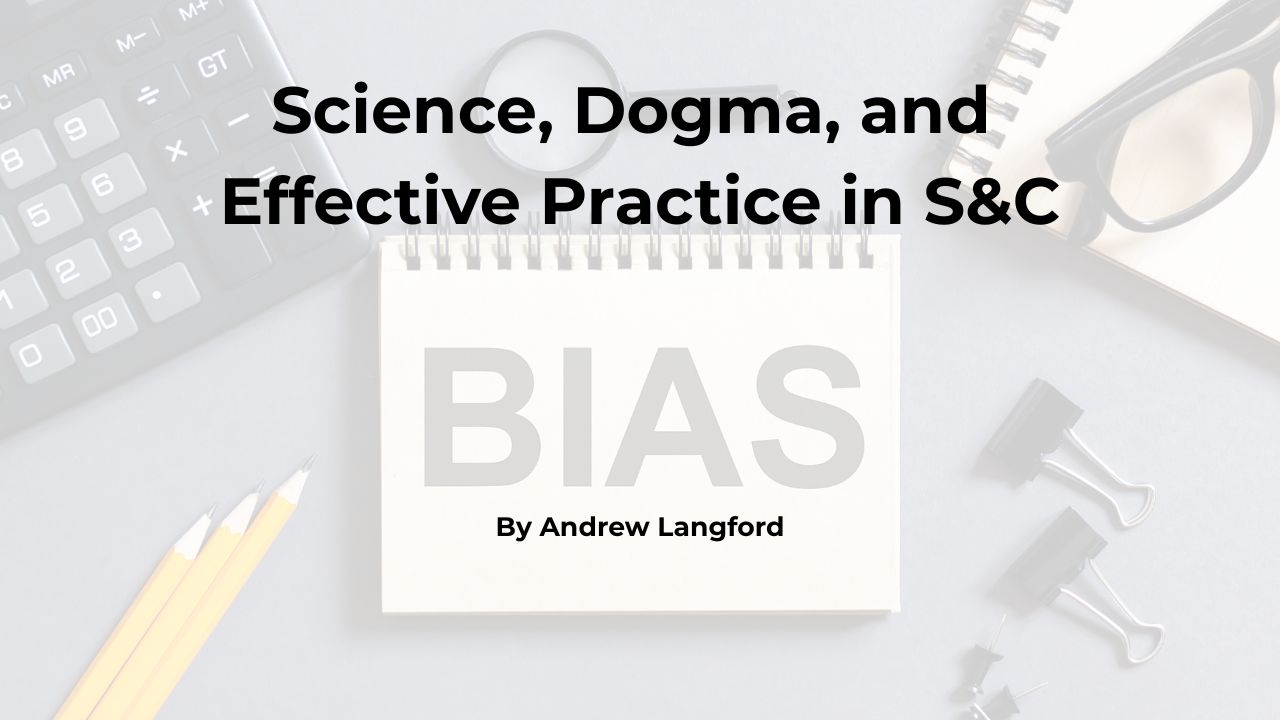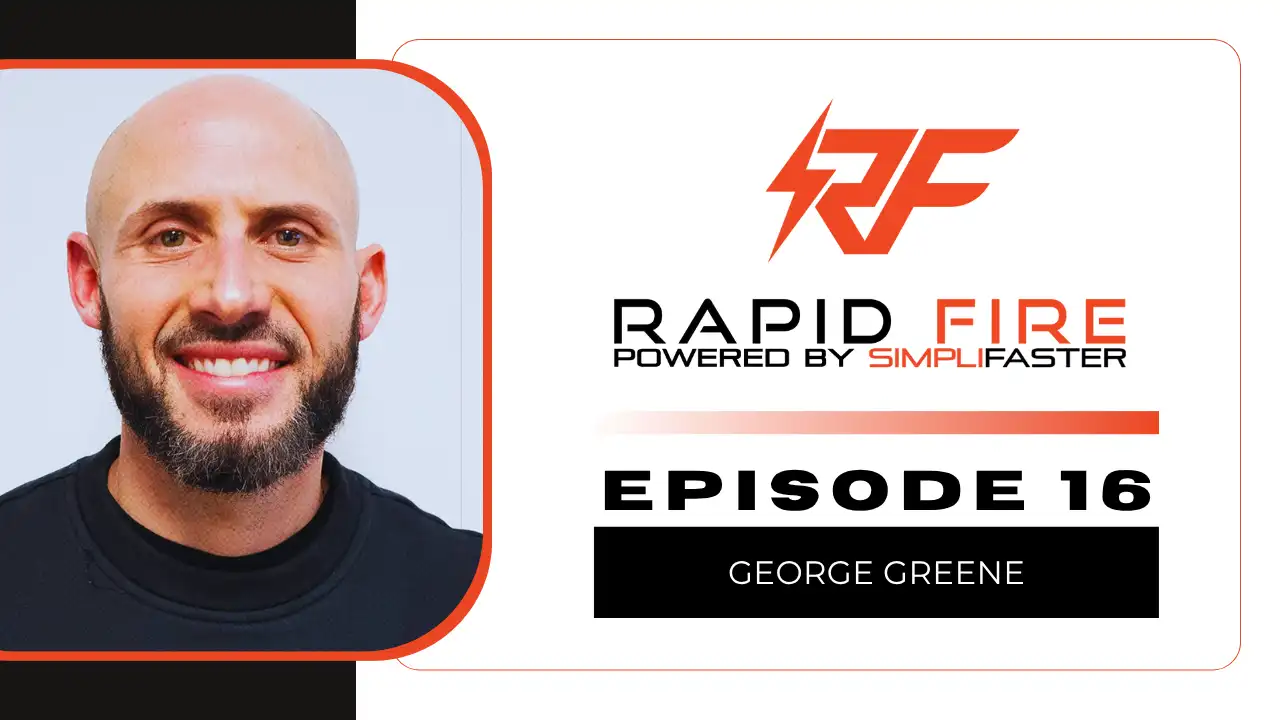[mashshare]
Korey Van Wyk earned a bachelor’s degree in strength and conditioning from Central College in Pella, and a master’s in nutrition and exercise from the University of Nebraska–Lincoln. He previously served as a teaching assistant at the University of Nebraska, helped conduct research at Iowa State University and Metabolic Technologies Inc., and worked as a personal trainer and coach at Elite Edge Gym in Waukee, Iowa.
Freelap USA: What is the greatest gap that exists between traditional education in the strength and conditioning progression and the actual coaching job? How do you work on closing this gap?
Korey Van Wyk: In most traditional exercise science or kinesiology programs, aspiring strength coaches are lucky if they get one class focused on strength and conditioning. So, first and foremost, a lot of academic programs simply don’t have a class or classes devoted to S&C. There’s no guarantee that exercise physiology, anatomy, biomechanics, etc. classes will address aspects of athletic performance.
Beyond that, practical coaching experience that is built in alongside what’s being learned in the classroom is the biggest gap. In a lot of programs, it’s either non-existent or it’s left up to the student to do their own outside internships. Additionally, classes may not be taught by someone with practical experience to help bridge that gap by either providing practical examples or building practical experience into the class.
What we’ve done at Northwestern (me, our other strength coach, Kyle Ochsner, and the exercise science department as a whole) is create an academic program in S&C with practical experience built in. If an exercise science student wants to graduate with a degree in S&C, they must take an additional course load that has S&C-specific classes. Embedded in those classes is the requirement that they must assist the strength coaches with coaching our teams in the weight room.
At Northwestern College, S&C degree undergraduates need to coach 2-3 years & complete an internship, says @KoreyVanWyk. Share on XSo, while they are learning exercise technique, warm-up methods, speed, agility, programming, mobility, etc. in the classroom, they get to see it implemented on a daily basis. As they go through the program, they gain more responsibilities and start to do some actual coaching. By the time they are seniors, they are given their own team for an entire semester.
Again, this is built into the program. They cannot graduate with the degree without having coached their own team. Additionally, we still require that they do an outside internship at some point. So, by the time they graduate, they’ve been coaching in our S&C program for two to three years, had their own team for a semester, and completed an outside internship.
Freelap USA: What is your advice for those getting into the industry in terms of selecting and choosing internships and gaining practical experience?
Korey Van Wyk: I would say don’t be too concerned about the size of the institution, level of competition, or logo that you might be wearing during an internship. Instead, try to find places that have a well-structured curriculum and will allow you to gain some quality, hands-on coaching experience. Do your homework and try to find places that have a reputation for successfully developing athletes and getting the most done with the least, and whose coaches truly have a passion for mentorship.
Try to intern in a place where coaches successfully develop athletes & have a passion for mentoring, says @KoreyVanWyk. Share on XOn the flip side, make sure you utilize your resources while you are still in school. If you are lucky enough to have professors or sport coaches with S&C experience, make sure to ask them how and where to get experience. If they don’t know, they probably know someone who does.
If you find yourself in a situation where you really don’t know anybody, don’t be afraid to reach out. Find someone you want to shadow or talk shop with, send them a message, and offer to somehow compensate them for their time. The worst that can happen is that they don’t respond.
Freelap USA: You have an advanced degree in nutrition—what’s your take on prospective strength coaches selecting degree programs that may be close cousins to the actual sports performance industry?
Korey Van Wyk: I think it can be extremely valuable. Ultimately, you have to do what you’re interested in. So if you’re not really interested in nutrition, psychology, or something else, then I wouldn’t recommend getting an advanced degree in it (although, I think there’s something to be said about expanding your skill set). I came out of undergrad with a strong interest in nutrition, so that’s what I pursued. And I’ll be fully transparent in that having a nutrition degree was a crucial part of getting the job I have now. I also know several coaches who have gone back to school to get degrees in psychology.
Keeping with the theme from previous questions, if your end goal is to coach, then I think you have to find a way to still actively coach or be closely involved. In graduate school, I was more or less “out” of S&C, but I still tried to stay involved by volunteering on the sports nutrition staff, assisting any strength coaches who would let me, and attending conferences.
Freelap USA: What is an up-and-coming area of the field you feel will become commonplace in the education of sports performance specialists 20 years from now? Why do you think this is the case?
Korey Van Wyk: I think the “soft” science of coaching is going to become more commonplace. I put that in quotes because if you do some digging, it’s not as soft as some may think, and there is actually quite a lot of peer-reviewed research on coaching interactions and science. You don’t need to look any further than the popularity of Conscious Coaching to know that many coaches realize the need to better understand how to navigate coach-athlete (or coach-coach, coach-administrator) interactions.
Just learning the science of training won’t fix the issues found navigating coaching interactions, says @KoreyVanWyk. Share on XThat book clearly struck a chord within our field. So many of us deal with similar issues such as being understaffed, underfunded, undervalued, working unsustainable hours, not feeling like we are getting through to our athletes, or not having the impact we feel like we could have. We have come to the realization that just learning the science of training (although that’s still important) won’t fix these issues.
Freelap USA: What are the biggest personal skills and abilities that you feel those getting into the coaching profession should have? What is the best way to educate students in these areas?
Korey Van Wyk: About once a semester, I get this question from a student in another class who is assigned to interview a coach on campus. My answer every semester is adaptability. I usually get two responses: confusion or surprise! I think they are expecting a knowledge-based X’s & O’s type answer, and I give them something that’s a little harder to define.
I think coaches need the ability to switch back and forth between appropriate versions of themselves to fit a wide array of situations. And I use the phrase “versions of themselves” very intentionally, because you can’t be someone you’re not for an extended period of time. However, I do think you need to have the ability to leverage aspects of yourself that you might not totally be comfortable with if it’s what the situation or the athlete requires (and I am most certainly working on this myself). Simplistically, that could mean using hard coaching tactics if you tend to be more reserved and vice versa.
As for fostering adaptability, I think it starts with getting general coaching experience maybe even before you feel you’re ready. When I think about coaches I know who display adaptability, they were all somewhat thrown into the fire and forced to adapt. If you can handle yourself in those situations, then you build a sense of confidence. From there, I think you need to expose yourself to many different situations and types of athletes. Again, when I think of coaches who are very adaptable, they started out coaching athletes and non-athletes of all levels, types, and sports…most of the time in the same day! This one of the reasons I enjoy working with multiple teams.
Lastly, I think mentors need to be transparent about their failures. Some of the insecurity I had in my very early days of coaching came from the reality that I struggled to deal with several athletes. I was very frustrated and felt the whole situation was my fault because I thought my mentors never struggled with such issues. Of course, anyone who has been in coaching for an extended period of time knows that every coach deals with difficult athletes or situations at some point. I wish I would have heard about them from my mentors so I could have gotten a more realistic picture once I fully entered the coaching world.
Mentors should be open about their failures so new coaches realize everybody struggles sometimes, says @KoreyVanWyk. Share on XFor this reason, I’m very transparent about my past coaching failures and mistakes with my students. We discuss them and we all give our thoughts on how situations could have been handled differently. Hopefully, we all learn something from the conversation, and they realize not every coaching situation can be handled the same way.
Since you’re here…
…we have a small favor to ask. More people are reading SimpliFaster than ever, and each week we bring you compelling content from coaches, sport scientists, and physiotherapists who are devoted to building better athletes. Please take a moment to share the articles on social media, engage the authors with questions and comments below, and link to articles when appropriate if you have a blog or participate on forums of related topics. — SF
[mashshare]





